Riley Zhou

My research theorizes musical negation as a site of resistance under late capitalism, drawing on Adorno’s aesthetics and compositions by Lachenmann, Webern, Czernowin, and Schumann, etc. as genealogies of refusal. In dialogue with Adorno’s negation, Derrida’s différance, Deleuze’s deterritorialization, and Fred Moten’s fugitivity, I explore how sound resists not merely through dissonance but via its structural withdrawal from representation, legibility, and capitalist time. Lachenmann’s musique concrète instrumentale disarticulates conventional listening, enacting what Adorno called “expressionless art”—yet today, such gestures risk aesthetic capture by algorithmic platforms. Rather than seeking resistance in […]
Zexi Wang
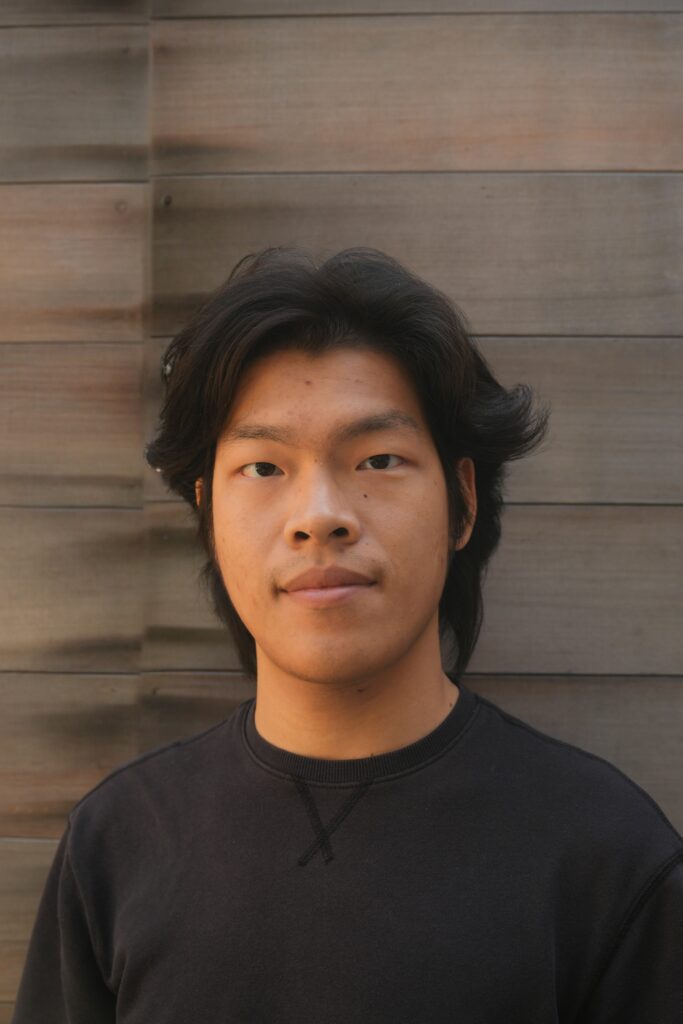
What does the term guanli 管理 mean in Chinese? Although often translated as “management” in English, is guanli necessarily equivalent to “the Western” concept of management? The idea of management is not new in the Chinese context, but guanli—literally, composed of guan 管(meaning “to control”) and li 理(meaning “reason”)—is a neologism that did not come and gained its popular currency until Deng Xiaoping’s economic reforms. Understanding management in terms of guanli is important because it reveals how management is not just a neutral, technical practice but a historically and culturally […]
Yiming Clara Li

In 1978, Deng Xiaoping’s market reforms flung open floodgates to the outside world, ushering rapid strides of Western capitalism into China. Bronze-cast sculpture, a distinctly Western notion, emerged and matured alongside this influx of cultural forms, corresponding to the arc of transformation. As an industrialized practice, sculpture made various socio-economic and ideological spheres converge—from an artist’s hand to the foundry worker, from dealers in international galleries to children in public parks. This project takes sculpture as a social ecosystem where forces of transformation are materially produced and discursively constituted. By […]
Solenne Bideau
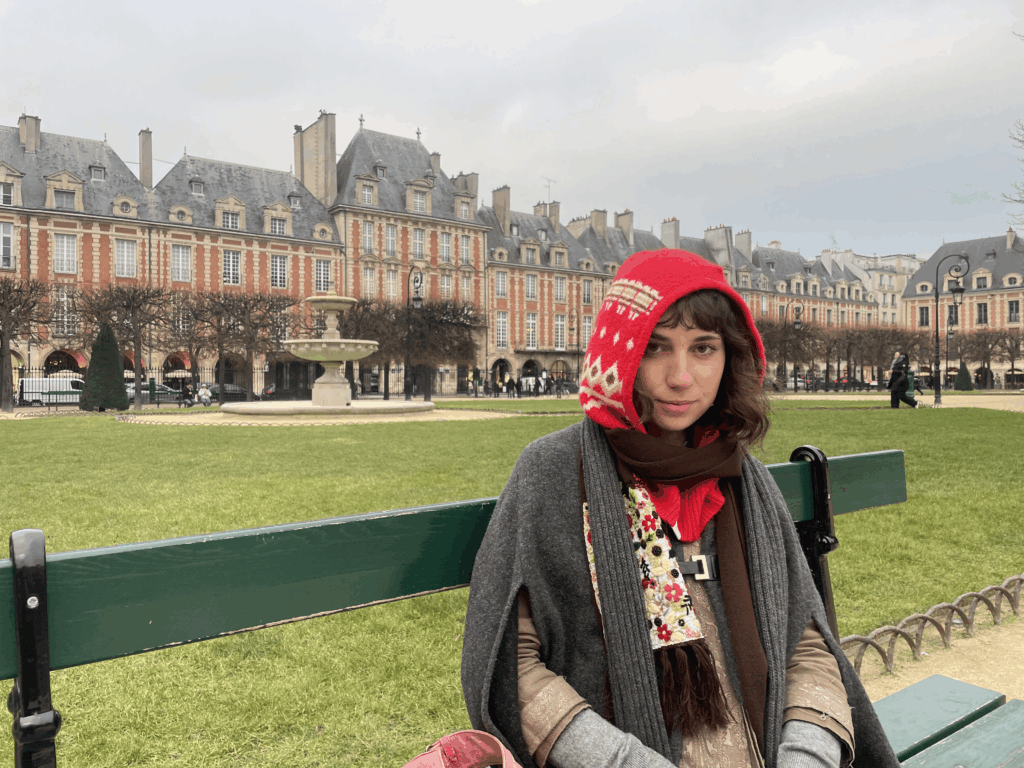
In an interview with Marxist geography journal Hérodote in 1976, Michel Foucault asked, “What does it mean to call spatial knowledge a science?” Using this interview as my starting point, my research explores texts of Sylvia Wynter and Michel Foucault– two theorists interested in questions concerning the movement and progression of ideas throughout time, whether that be due to “epistemological ruptures” or “epistemes,” regimes of knowledge that dictate what is possible to know in a certain historical period. While the notion of “epistemological regime” is central to both Foucault and […]
Natalie Posner

How did Jewish newspapers allow immigrants in New York City and Montréal to forge a community in the diaspora? Specifically, how did the Jewish press compare in these two hubs for Jewish immigration? My research sets out to answer these questions by examining newspapers published by and for Jewish people in these regions from the late 19th-century to the mid 20th-century. By establishing an organ of Jewish thought and opinion, New York and Montréal Jews alike sought to counteract the antisemitism echoed in mainstream press and forge a stronger community […]
Melina Tisopulos

Data centers are the backbone of the global internet, responsible for storing and computing all our data. In the United States alone, they account for over 4% of total United States power usage, a figure predicted to rise with developments in Artificial Intelligence and Large Language Models. As data centers continue to expand in number and scale, policymakers and communities are concerned about the strain this places on the central power grid. Simultaneously, the data center industry is searching for strategies to reduce energy costs and enhance the resiliency of […]
Megan Lee
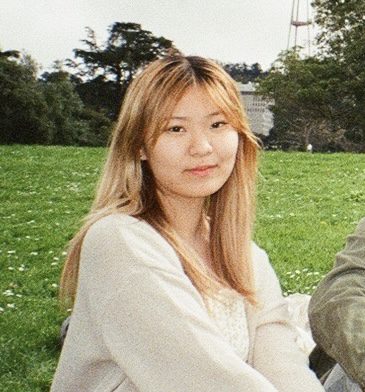
From the brooding Edward Cullen of the Twilight saga to the alluring Mary of Ryan Coogler’s Sinners, vampires have long captivated the American imaginary. Their thirst for blood is often marked by their drooling mouths, associating their existence with the horrific, but also with insatiable desire. When we also map race onto the vampiric body, this further disrupts the ethics of pleasure, revealing anxieties and fantasies in the construction of the American sexual identity. Leaning on the disciplines of gender, race, and film studies, as well as concepts of racial […]
Lily Burkin

Robert Eggers’ 2024 remake of Nosferatu centers on the erotic and deeply parasitic relationship between the maiden and the Gothic monster and, in doing so, illuminates a connection between femininity and the undead that has persisted throughout–and beyond–Victorian gothic horror literature. Works of horror intrinsically serve as a mirror of the conditions within which they were created–as in Bram Stoker’s Dracula, which displays the shifting roles of women in the late nineteenth century while also revealing anxieties about homosexuality, the aristocracy, and the Jew. A tale as widespread as Dracula, […]
Jake St Clair
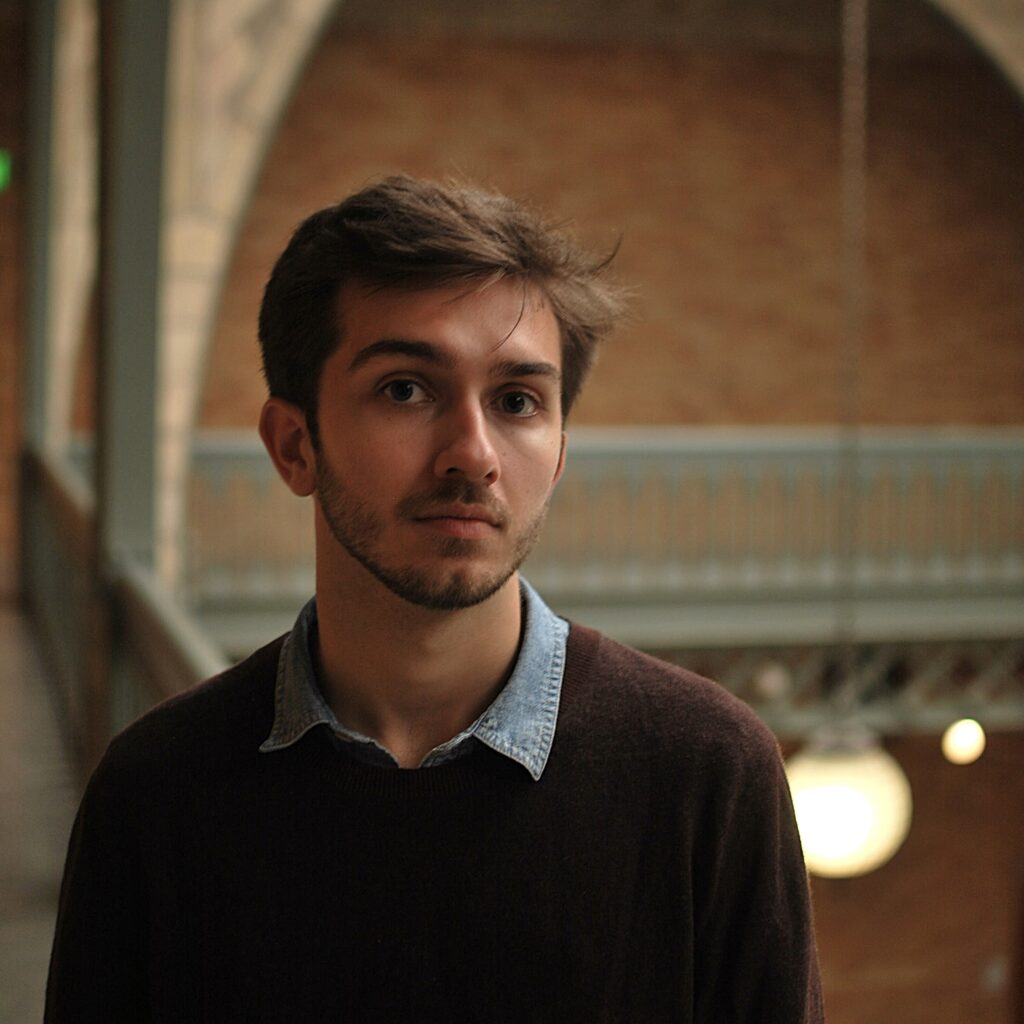
This project examines the politics of representation within World Cinema. Staging a critical analysis of A Girl Walks Home Alone at Night (2014) and The Blue Caftan (2022), this project explores the intersections between World Cinematic production, narrative, and circulation with forms of cultural imperialism. The formal, narrative, and genre conventions of these films will be read primarily through Jasbir Puar’s work on debility in The Right to Maim (2017) as well as through contemporary scholarship on affective economies and queer diaspora. This study should interrogate the sphere of World […]
Henry Guzmán Mitchell
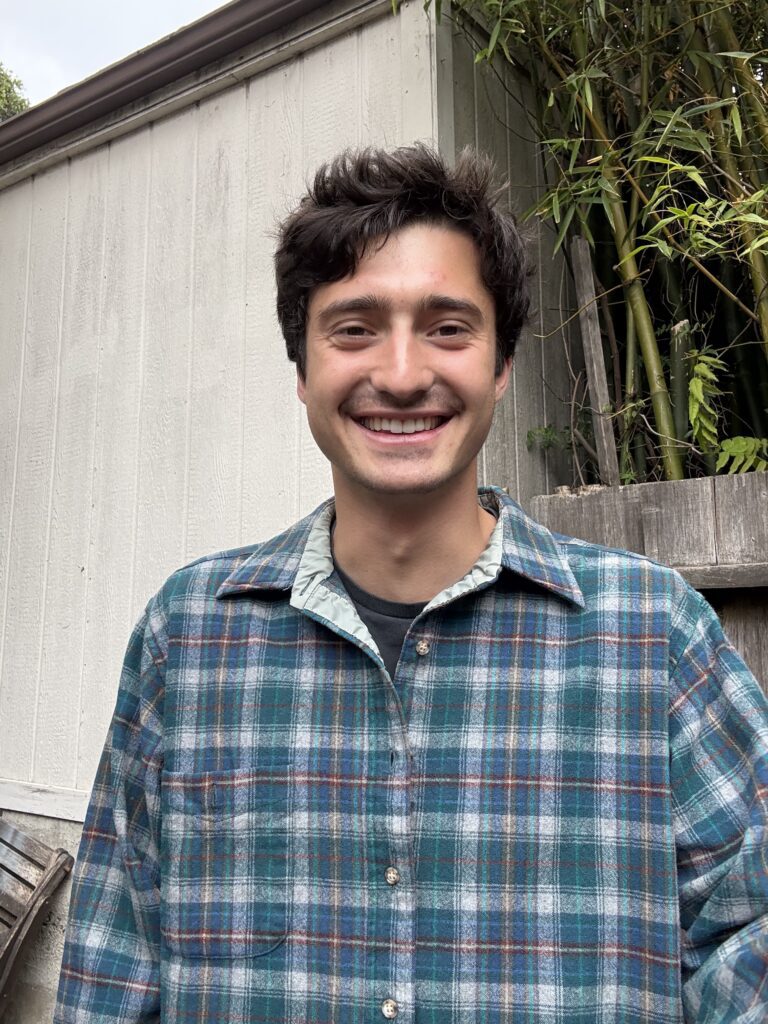
The Jewish of community of Rhodes had lived under fascist Italian rule until the promulgation of the Race Laws of 1938. In 1944, under German occupation, nearly the entire community was deported to Auschwitz. Surprisingly, the stories that surviving members of the Jewish community on Rhodes, called Rhodeslis, tell about the period of Italian colonial governance from 1912-1942 are generally positive in spite of the fascism. The younger generation tended to identify with the Italians and the “modernity” they brought; others felt an affinity for Italy owing to its rich […]